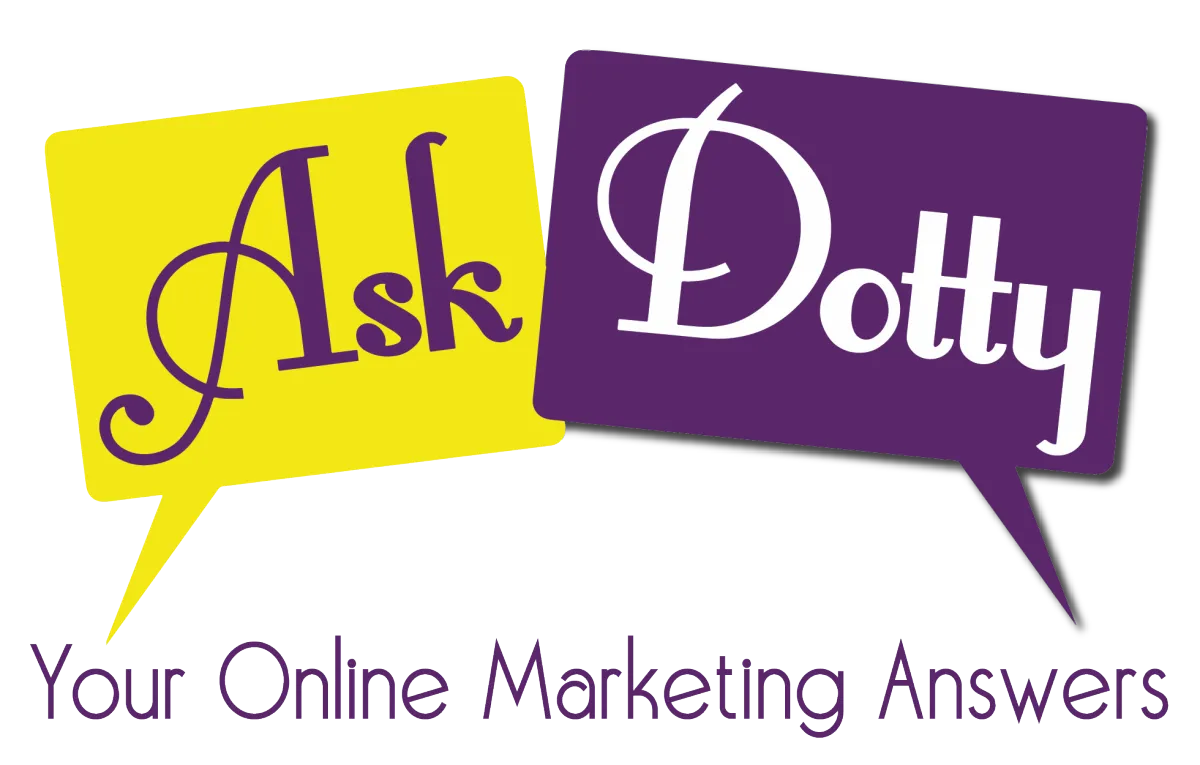
Chapter 1: Your Website Is Your Hub
Chapter 1: Your Website Is Your Hub
Your Website Is Your Hub
In the digital age, a website’s role in a business’s success cannot be overstated. The website remains an underutilized asset for many business owners, often seen as just an online presence rather than the central hub of their business operations. The real challenge lies in transforming your website into a dynamic tool that actively contributes to business growth.
Integration with CRM Software
Building a Contact List: Your website should seamlessly integrate with Client Relationship Management (CRM) software. This integration is crucial for creating and managing a robust contact list. Every visitor interaction on your website can be a potential lead, and integrating your CRM software ensures that these leads are captured and nurtured effectively.
Automated Lead Management: You can automate lead management processes with CRM integration. This means that when a visitor fills out a form on your website, their information is directly fed into your CRM system, enabling you to track and engage with them through personalized marketing campaigns.
Connection with Social Media
Enhancing Online Presence: Linking all your social media profiles to your website creates a cohesive online presence. This increases your brand’s visibility and directs traffic from your social media channels to your website.
Social Proof and Engagement: Featuring social media feeds on your website can provide social proof, showcasing customer interactions, reviews, and how your business engages with its community.
Google Business Profile MAP Integration
Local SEO Benefits: Integrating Google Business Profile into your website boosts local SEO, making it easier for local customers to find your business.
Enhanced User Experience: This integration gives visitors easy access to your location and contact information, improving the user experience and potentially increasing foot traffic to physical store locations.
Online Appointment Scheduling
Convenience for Customers: Allowing customers to schedule appointments directly on your website offers them convenience and can increase the likelihood of them engaging with your services.
Efficiency in Operations: Online scheduling reduces the administrative burden of managing appointments, freeing up your time to focus on other aspects of your business.
Beyond a Digital Business Card
Today, a website is much more than a static digital business card. It’s often the first point of contact between your business and potential customers.
Reflecting Business Branding: Your website must genuinely reflect your business branding. This includes consistent logos, color schemes, and messaging that align with your brand identity.
Showcasing Products and Services: Use your website to describe your products and services comprehensively. High-quality images, detailed descriptions, and customer testimonials can significantly enhance the appeal of your offerings.
Your Website as a Sales Machine
Transforming your website into a sales machine involves several strategic enhancements.
E-commerce Capabilities: Enable clients to purchase your products or services directly from your website. This convenience can significantly boost sales.
Package Offerings: By adding packages to your website, you provide clarity on your offerings. Customers can choose what best suits their needs before contacting you, leading to more qualified inquiries.
Self-Selection of Customers: This approach helps filter out those who are not your target audience, saving you time and resources.
Payment Options: Incorporating payment buttons for immediate transactions simplifies the buying process. Various payment options, including credit cards and monthly payment plans, cater to a broader range of customer preferences.
Your website should be more than just an online placeholder for your business. It should be a dynamic, integrated, and strategic tool that actively contributes to your business growth. Following these steps, you can transform your website into a powerful hub that attracts and retains customers, ultimately driving your business forward.
These chapters are designed to go together OR stand alone. If you found this one on Google and want to read the others, here are the links to the other chapters.



